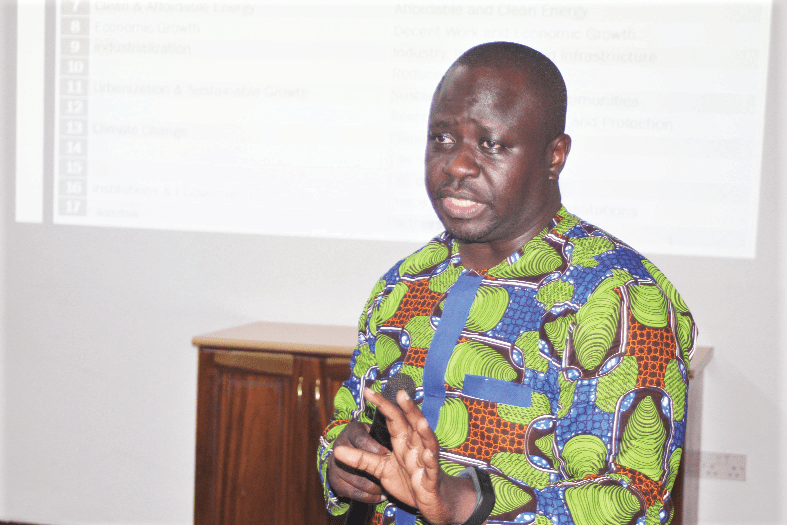
Fulanis call for inclusion in 2021 census
A group, which calls itself the African Centre for Fulani Affairs and Security, has called for fair treatment of citizens during the 2021 Population and Housing Census (PHC).
The group expressed concern over what it described as a “deliberate exclusion” of Fulani ethnic groups in the upcoming exercise.
Advertisement
It said the exclusion was due to an unfair perception and discriminative attitude, which had been developed against Fulani pastoral communities in Ghana.
The group also complained that in the questionnaires for the PHC, the Fulani ethnic group had been classified under “All other tribes”.
It indicated that such a classification was unacceptable, untenable, discriminatory and needed to be condemned.
At a news conference in Accra yesterday, the acting Executive Director and Convener of the group, Mr Gedel Ahmed Mohammed, said in 1948, the PHC captured the population of the ethnic group in Ghana at 20,000, and the 1960 PHC suggested that the figure had risen to 25,000, while the 2010 PHC, the most recent estimate, recorded 300,000 Fulanis, including pastoralists in the country.
“These are strong affirmation that the Fulani ethnic group have always been part of the PHC in Ghana by name, so why have we been exempted and classified under all other ethnic groups?” he asked.
Contributions
Mr Mohammed indicated that the contributions of the Fulani community to the socio-economic development of the country could not be underestimated and must, therefore, be recognised as such.
“It is worth noting that the wife of the Vice-President is a Fulani. Indeed, the Adentan Constituency settled on a Fulani as its Member of Parliament during the 2020 general elections. There are several Fulanis working as medical doctors, engineers, lecturers, among several others, who play active roles in developing our dear nation,” he stated.
He said raw statistics tended to overlook the many important economic benefits of the Fulani community in the country, adding that about 99.96 per cent of Fulanis in Ghana were Muslims, who played a significant and active role in the nation building process.
Marginalisation
He said the Fulani community also continued to suffer cultural, spatial isolation and political marginalisation in the country.
Mr Mohammed said human development and the provision of public services in the Fulani community was still poor and generally far lower than in other areas of the country.
For instance, he said, access to services such as provision of national identity card, voters identity card and national insurance card were done on discriminatory basis, and were usually problematic to the Fulani community.
He said these were a deliberate denial of the legitimate national status to a considerable portion of Fulani communities living in Ghana.
In recent past, Mr Mohamed insisted, Fulanis had negatively been tainted in the media space as constantly engaging in criminal activities and fueling insecurity such as herder-farmer conflict, kidnapping, money laundering and cattle rustling.
He said the PHC was an appropriate opportunity for the government to establish a sustainable security solution where Fulanis could be captured to aid national security planning of the country.
Proposal
Mr Mohammed, therefore, proposed that the PHC must endeavour to generate a reliable data to accurately define key demographic parameters of the Fulani community, and that such data must be mainstreamed at the level of government policy-making and interventions.
Additionally, he said the government must take into consideration issues concerning demographic trends, settlement patterns and service provision in development interventions.



